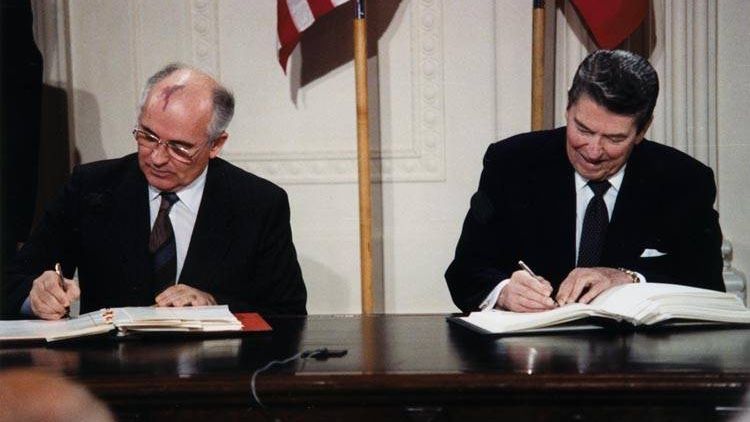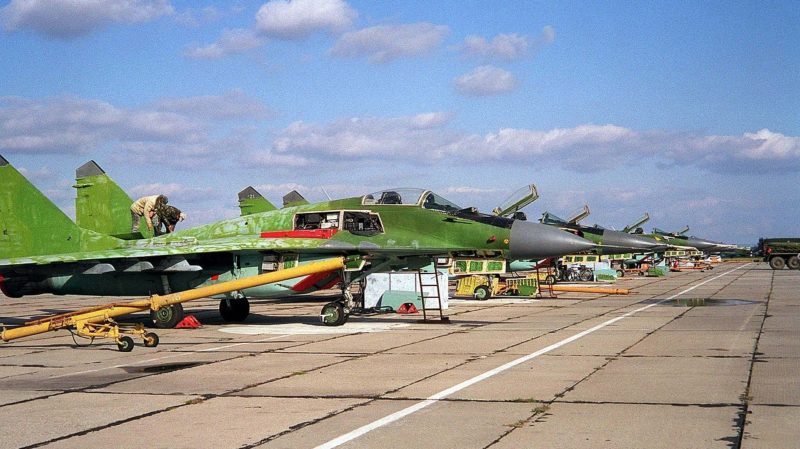07.09.2021, Moscow.
Perestroika, started by Gorbachev in the USSR, launched a series of armed conflicts, led to the destruction of many states, and created a disaster on a universal scale, political scientist, doctor of political science, professor at Lomonosov Moscow State University Sergey Chernyakhovsky said to a Rossa Primavera News Agency correspondent on August 7, commenting on an article by Mikhail Gorbachev.
Perestroika, launched by Gorbachev, led to a sharp increase in armed conflicts. And national-territorial conflicts emerged not only in the former Soviet Union, the political analyst noted.
“It was as a result of perestroika that national conflicts furiously unfolded in the European space,” Chernyakhovsky said.
He noted that “armed clashes in Yugoslavia began with perestroika.” They subsequently developed into a long chain of bloody conflicts on national and religious grounds, which led to the disintegration of the country.
“In the end, the wars in Iraq, the wars in Libya, and in other states are all the result of Gorbachev’s actions and perestroika,” Chernyakhovsky stressed.
The current extremely tense and dangerous situation in the world, which is fraught with new wars and armed conflicts, is also the result of Gorbachev’s perestroika.
According to Chernyakhovsky, the current state of affairs “has a direct link to perestroika, connected with the fact that the mechanism of historical regression and social entropy has been launched, that is, the mechanisms of destruction of social structures.”
The processes launched by perestroika have not yet been stopped. The period of global regression and social entropy is still ongoing, says the political scientist.
The reason for the conversation was the article by former Soviet President Mikhail Gorbachev “Understand Perestroika, defend the new thinking.” Gorbachev declared his belief in the “historical rightness of perestroika.” According to Gorbachev, it was necessary and was going in the right direction.
On September 5, there were protests in Montenegro against the enthronement of Metropolitan Joannikij of the Serbian Orthodox Church in Cetinje. Montenegro has created a separate Orthodox Church that is not subordinate to the Serbian Church.
Source: Rossa Primavera News Agency




